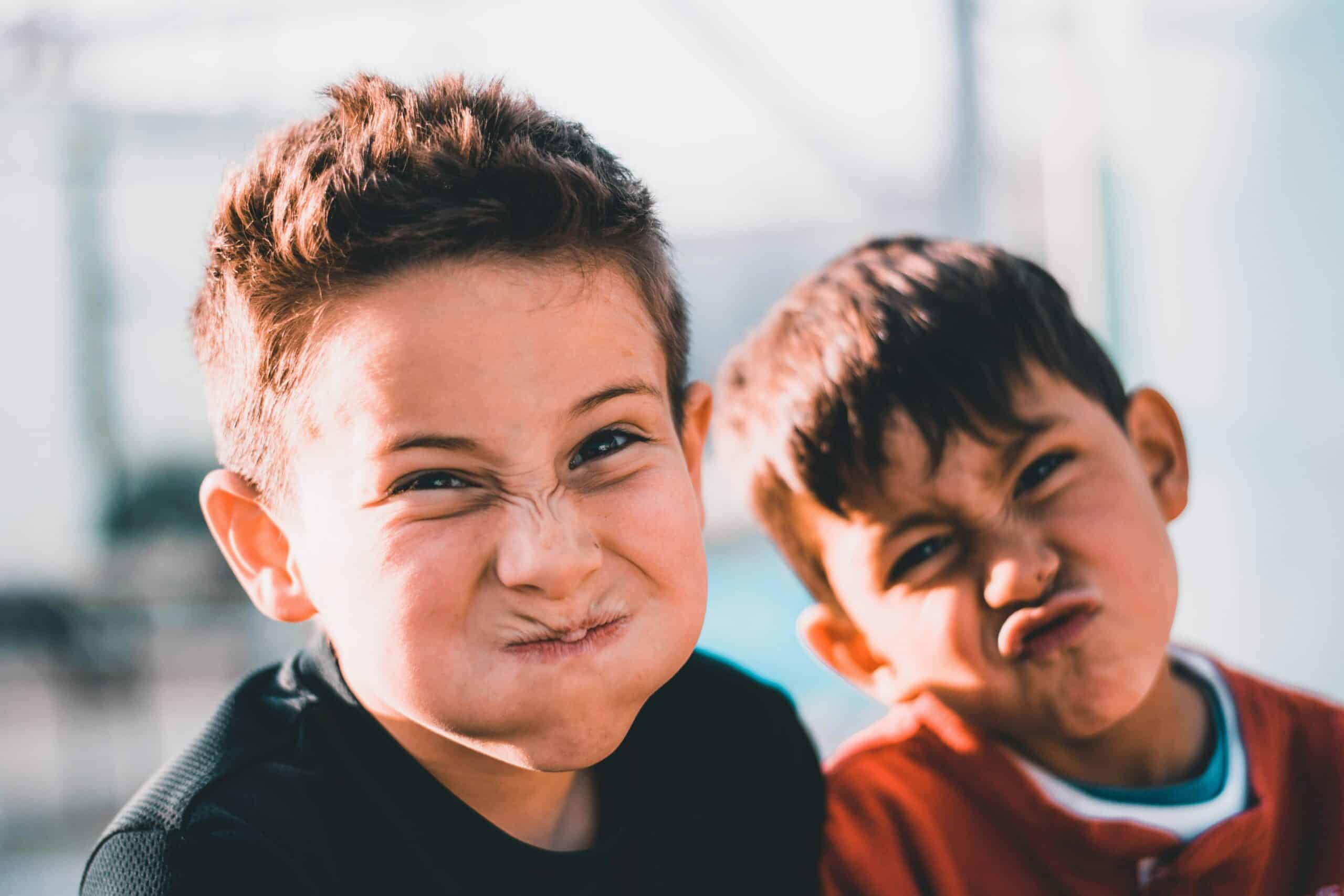In addressing the profound challenges faced by our most vulnerable children and young people, relying on high-cost emergency accommodations (HCEA’s) such as hotels and motels is not just economically taxing—it…
New Research: Gender and Sexuality Diverse Australians are at Greater Risk of Child Maltreatment

Prevalence of Diverse Genders and Sexualities in Australia
Childhood should be a time of innocence, growth and safety. However, recent findings from the Australian Child Maltreatment Study have shed light on a disturbing reality; Australians with diverse sexualities or genders are disproportionately affected by child maltreatment compared to their heterosexual and cisgender counterparts.
The statistics are stark and demand attention. According to the study, individuals identifying with diverse sexualities or genders are three times more likely to experience child maltreatment than heterosexual Australians or cisgender males. This revelation is not just concerning; it’s a call to action for policymakers, healthcare professionals and society as a whole.
Digging deeper into the data, the study reveals even more alarming trends. Australians with diverse sexualities or genders are not only more likely to experience any form of child maltreatment but are also significantly more susceptible to multiple forms of abuse, including physical, sexual and emotional abuse, neglect and exposure to domestic violence.
Among 16-24 year olds, the figures paint a distressing picture. 17.7% identified with a diverse sexuality, while 2.3% identified with a diverse gender. Shockingly, 90.5% of diverse gender respondents and 85.3% of sexually diverse respondents reported experiencing maltreatment. In comparison, only 56.2% of heterosexual respondents reported similar experiences.
These findings underscore the urgent need for targeted policies and services tailored to address the unique challenges faced by gender and sexuality-diverse Australians. Greater acceptance and recognition of this diversity within society are crucial steps toward creating safer environments for all children, regardless of their sexual orientation or gender identity.
Furthermore, the implications of these statistics extend beyond childhood. The data hints at potential explanations for the health disparities and mental health challenges that plague gender and sexuality-diverse individuals. While further research is needed to fully understand the link between childhood maltreatment and long-term health outcomes, these initial findings serve as a sobering reminder of the urgent need for action.
As we navigate these revelations, it’s imperative that we prioritise the wellbeing of all children, regardless of their sexual orientation or gender identity. This includes implementing comprehensive support systems, advocating for inclusive policies, and fostering a culture of acceptance and understanding within our communities.
Moving forward, we must remain vigilant in our efforts to address child maltreatment and create a future where every child feels safe, valued, and empowered to thrive. The data may be alarming, but it also serves as a catalyst for change—a reminder that we have a collective responsibility to protect and nurture the next generation, regardless of who they are or who they love.
Here are the details of the open access paper:
Higgins, D., Lawrence, D., Haslam, D. M., Mathews, B., Malacova, E., Erskine, H. E., Finkelhor, D., Pacella, R., Meinck, F., Thomas, H. J., & Scott, J. G. (2024). Prevalence of diverse genders and sexualities in Australia and associations with five forms of child maltreatment and multi-type maltreatment. Child Maltreatment, 1226331, 1-21. https://doi.org/10.1177/10775595231226331
“The findings from the Australian Child Maltreatment Study are poised to have a substantial impact on the efforts carried out within the child and family welfare sector. This is one of the most important studies ever conducted and gives us the evidence needed for change. I look forward to seeing state and territory governments rise to the challenges highlighted within this report, alongside those delivering crucial programs and services, to invest in social policy change to improve the well-being of Australians,” Dr Lisa J. Griffiths – OzChild FY23 Annual Report
Sign up to the OzChild mailing list
Stay up to date with the latest news and events.
Choose your region
Select your region to create an enhanced and personal experience.
